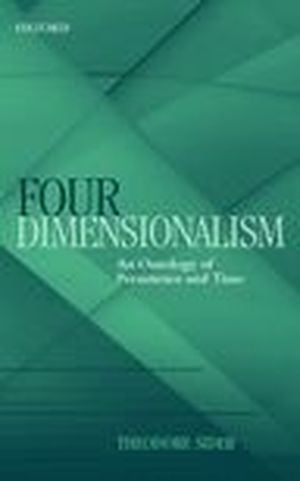Four-Dimensionalism: An Ontology of Persistence and Time
Fiche technique
Auteur :
Theodor SiderGenre : PhilosophieDate de publication (Royaume-Uni) : 2001Langue d'origine : AnglaisÉditeur :
Oxford University PressISBN : 9780191598425Résumé : According to ‘four‐dimensionalism’, temporally extended things are composed of temporal parts. Most four‐dimensionalists identify ordinary continuants—the persisting objects ordinary language quantifies over and names—with aggregates of temporal parts (‘space‐time worms’), but an attractive alternate version of four‐dimensionalism identifies ordinary continuants with instantaneous temporal slices and accounts for temporal predication using temporal counterpart theory. Arguments for four‐dimensionalism include the following: (1) Either substantivalism or relationalism about space‐time is true, but given substantivalism one might as well identify continuants with regions of space‐time, which have temporal parts, or with instantaneous slices of space‐time, whereas relationalism about space‐time cannot be made to work without temporal parts. (2) It can never be vague how many objects exist; if temporal parts do not exist, then a restrictive account of which filled regions of space‐time contain objects must be given, but no such account can be given that is plausible and non‐vague. (3) Four‐dimensionalism—especially the alternate, counterpart‐theoretic version—provides the most satisfying overall account of the ‘paradoxes of material constitution’, in which numerically distinct material objects (e.g. statues and lumps of clay) apparently share exactly the same parts. Objections to four‐dimensionalism (involving, e.g., motion in homogeneous substances and de re modal properties) may be answered. While logically independent of the question of four‐dimensionalism, the book also defends related theses, including (1) a robust meta‐ontology according to which unrestricted existence‐statements are non‐vague, non‐analytic, and uninfected by human convention; (2) the B‐theory of time (the opposite of presentism); (3) unrestricted composition; and (4) counterpart theory (both modal and temporal).

